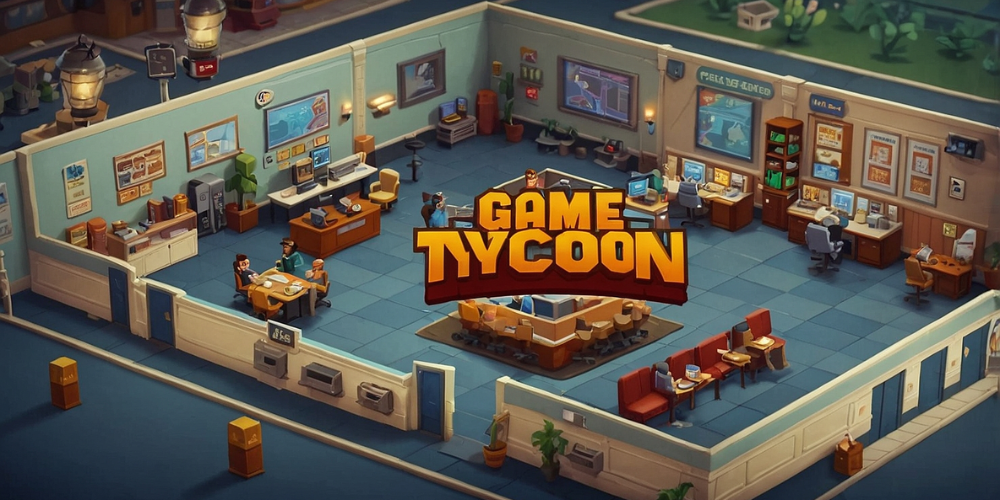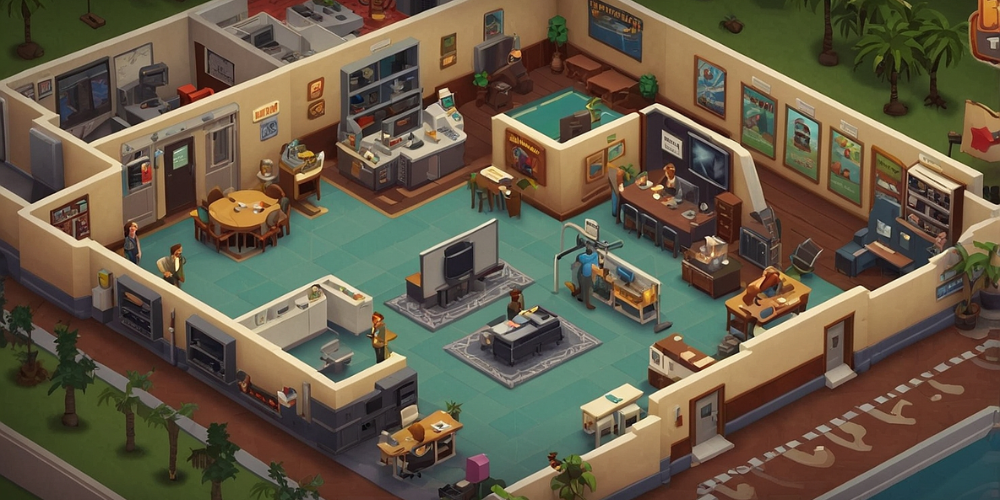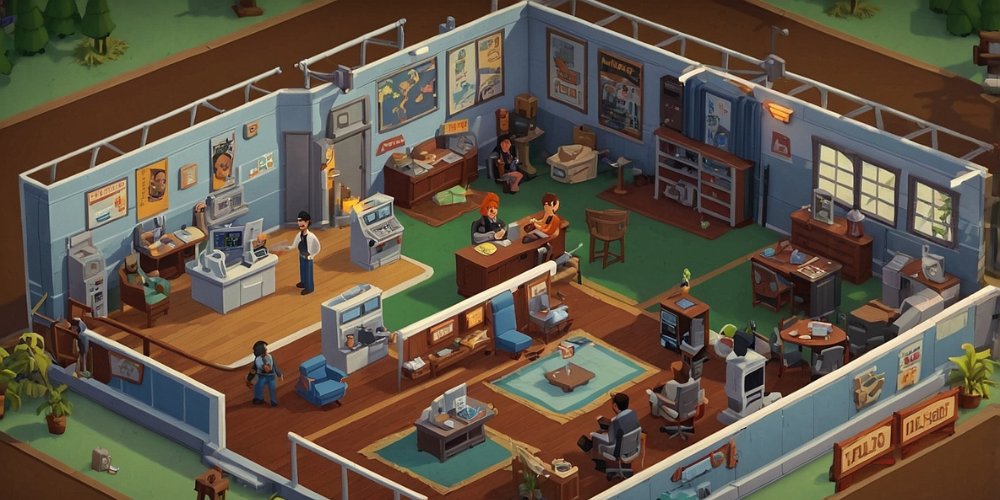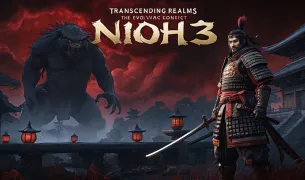Mastering Game Dev Tycoon: Strategies for Creating Engaging Games and Building Your Empire

In the expansive and intricate world of Game Dev Tycoon, players take on the role of budding game developers, tasked with bringing imaginative ideas to life while simultaneously growing their gaming empire. This simulation game is not just about coding and design; it requires a keen understanding of various genres and topics to optimize game development. Every decision you take impacts the achievement of your creations, and knowing which combinations work best can drastically enhance your prospects. Let’s delve into insightful ideas and approaches that will enhance your gameplay experience and help you forge the ultimate game development path.
Understanding Game Development Essentials
Before diving into the nitty-gritty of genre and topic combinations, it's imperative to grasp the fundamental mechanics of game development in Game Dev Tycoon. The game allows you to experiment with various sliders to allocate resources like time and effort across different phases, enabling you to create a game that strikes a chord with your intended audience audience.
The Importance of Graphics
Graphics are essential in elevating your games visually appealing. For large-scale projects, utilizing 2D Graphics V4+ or 3D Graphics V3+ is key. Should you venture into AAA titles, 3D Graphics V5+ will yield the best outcomes, especially when designated specialists are put in charge of critical development phases.
Innovating Through Variety
To keep your gaming catalogue fresh and engaging, it is critical to avoid creating sequels with the same engine or repeating genre-topic pairings consecutively. This approach not only keeps your offerings diverse but also ensures that your loyal fanbase remains engaged.

Balancing Game Phases by Genre
Each genre requires a distinct approach when determining how to allocate your development resources. A solid understanding of the ideal distribution of effort in different phases—such as engine development, story crafting, and graphics—will enable you to enhance the overall quality of your games.
Adventure Genre Allocation
In the adventure genre, focus heavily on story. This phase should account for 100%, with dialogues taking precedence in the second phase. Having minimal emphasis on graphics and world design can lead to a successful adventure title.
Action Genre Allocation
For action games, you would want to prioritize gameplay and engine elements, with a significant focus on dialogues and AI in subsequent phases. This delivers a captivating and immersive journey for participants.
RPG Genre Allocation
RPGs thrive on narrative, so an allocation of 100% story is essential in the first phase, with dialogues following closely. Balancing graphics and world design in later stages ensures depth and visual richness in gameplay.

Strategy Genre Allocation
Strategy games lean heavily on gameplay mechanics and engine functionality, so directing resources toward these aspects initially can foster engaging experiences. Emphasizing level design and AI in subsequent phases enhances replayability.
Simulation Genre Allocation
Simulations thrive on the authenticity of their mechanics. Investing in engine and gameplay development from the outset, followed by a focus on world design and graphics, can lead to a robust simulation offering.
Casual Genre Allocation
For casual games, simplicity reigns supreme. The emphasis should be on gameplay experience, devoid of complicated narratives. Focusing on graphics to attract player interest will also serve your game well.
Successful Genre and Topic Combinations
Now that we understand the allocation of resources, let’s explore the most effective genre and topic pairings that can pave the way for your success.
Adventure Game Topics
Adventure games resonate exceptionally well with themes such as spy intrigue, school escapades, time travel, zombie storylines, and more. These topics draw players into their narratives, providing engagement and excitement.

Action Game Topics
For action titles, themes revolving around aliens, fantasy battles, and historical drama resonate with players. Exploring cyberpunk landscapes or intense military conflicts can yield high engagement.
RPG Game Topics
RPGs can be enriched by topics related to fantasy realms, cyber detective stories, or even historical adventures. Themes that appeal to a sense of wonder and exploration ensure a memorable player experience.
Strategy Game Topics
Strategy games benefit from topics that focus on advanced concepts like business simulations, government strategies, or intricate military campaigns. This engagement prompts players to think critically and devise smart solutions.
Simulation Game Topics
When it comes to simulations, diverse themes such as city management, innovative startups, or even pet care can attract a broad audience. Simulation games invite expansive exploration and creativity.
Casual Game Topics
Casual games can thrive on light-hearted topics such as comedy, dance challenges, or music-driven narratives. These themes work well to maintain player engagement and invite casual gamers to participate.
Final Thoughts
By understanding the intricate dynamics of Game Dev Tycoon, you empower yourself to create not only successful games but also an impressive gaming empire. Mixing optimal development strategies with well-chosen topics and genres will help ensure your journey is both invigorating and satisfying. As you venture into the wide-ranging world of game development, remember that innovation and creativity are your greatest allies. From massive RPGs to lighthearted casual games, the only limit is your imagination. With the right combinations, you’ll soon realize you are paving the path of the gaming industry, building titles that captivate audiences worldwide.



